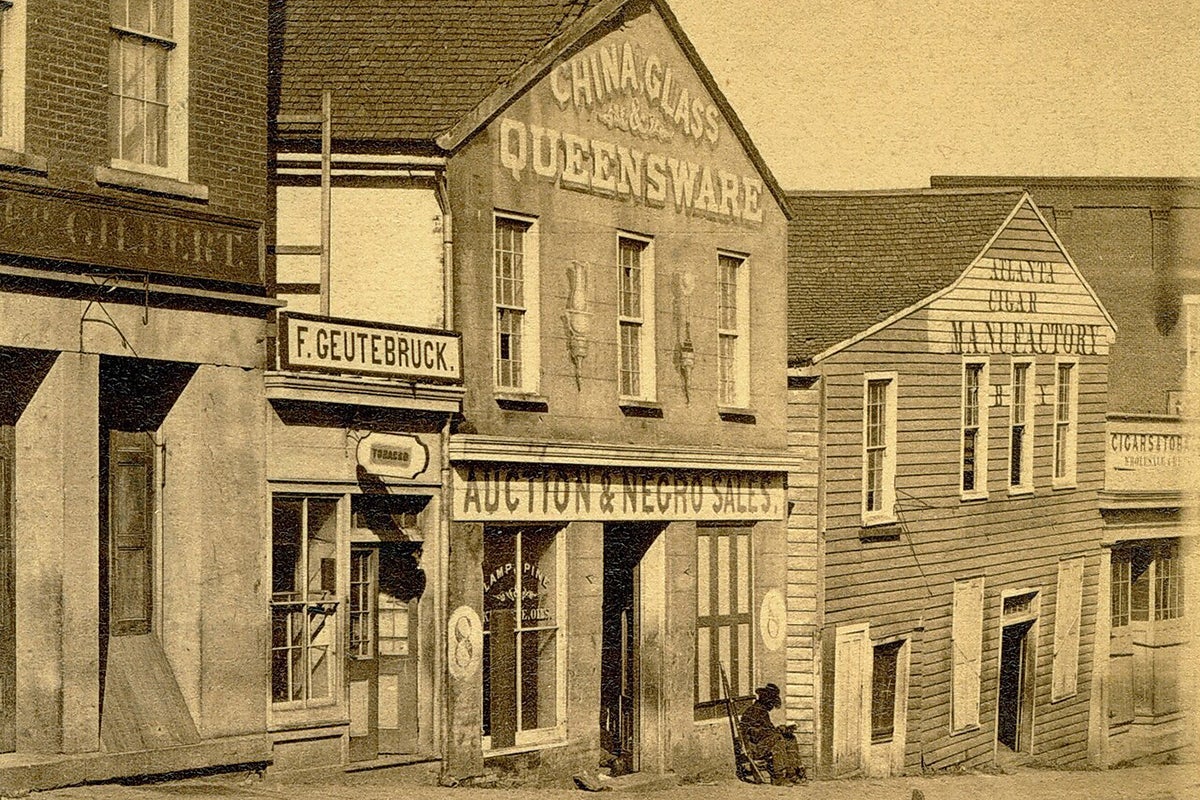Reckoning with racist history at New England Journal of Medicine

December 20, 2023 – The New England Journal of Medicine (NEJM) has begun to take a hard look at its history of racism and complicity in slavery.
On December 7, NEJM—the world’s oldest continuously published medical journal, founded in 1812—published the first in a series of essays on the topic. Co-authors of the article included two experts affiliated with Harvard T.H. Chan School of Public Health: David Jones, professor of the culture of medicine at Harvard University and a professor in Harvard Chan School’s Department of Epidemiology, and Evelynn Hammonds, professor of the history of science and of African and African American Studies at Harvard and a professor in the Department of Social and Behavioral Sciences at Harvard Chan.
The essay detailed how NEJM profited from slavery, neglected to question it, and published articles with explicitly racist ideas. The article noted, for example, that several co-founders of the journal came from wealthy families whose members had owned enslaved people, and that the families had profited from plantations in the South and the Caribbean.
In a December 6 STAT article about the essay, Jones said that the journal served as a prominent forum where racist ideas were perpetuated even after the Civil War and through the early 20th century. As the essay noted, some early articles in NEJM referred to enslaved people with health issues in terms of their value to slaveholders, as opposed to their own health. Other articles printed in the Journal in the mid-1800s included racist claims, such as that “the Anglo-Saxon and Negro race are … distinct species,” or that Africans in the Americas required “paternal care and superior wisdom.” And long after slavery was abolished, some authors were writing that high rates of morbidity and mortality among Black Americans had to do with their race and their behaviors, not to poverty or environmental injustices.
Said Hammonds in STAT, “History matters. Not everybody gets the same health care in America. How did we get a system like that? It didn’t just pop up from nowhere.”
NEJM editor-in-chief Eric Rubin, who is also an adjunct professor of immunology and infectious diseases at Harvard Chan School, told STAT that the journal’s leaders were “acknowledging our past mistakes with the hope of preventing new ones.”
Read the NEJM essay: Slavery and the Journal—Reckoning with History and Complicity
Read the STAT article: New England Journal of Medicine reckons with its racist past and complicity in slavery


